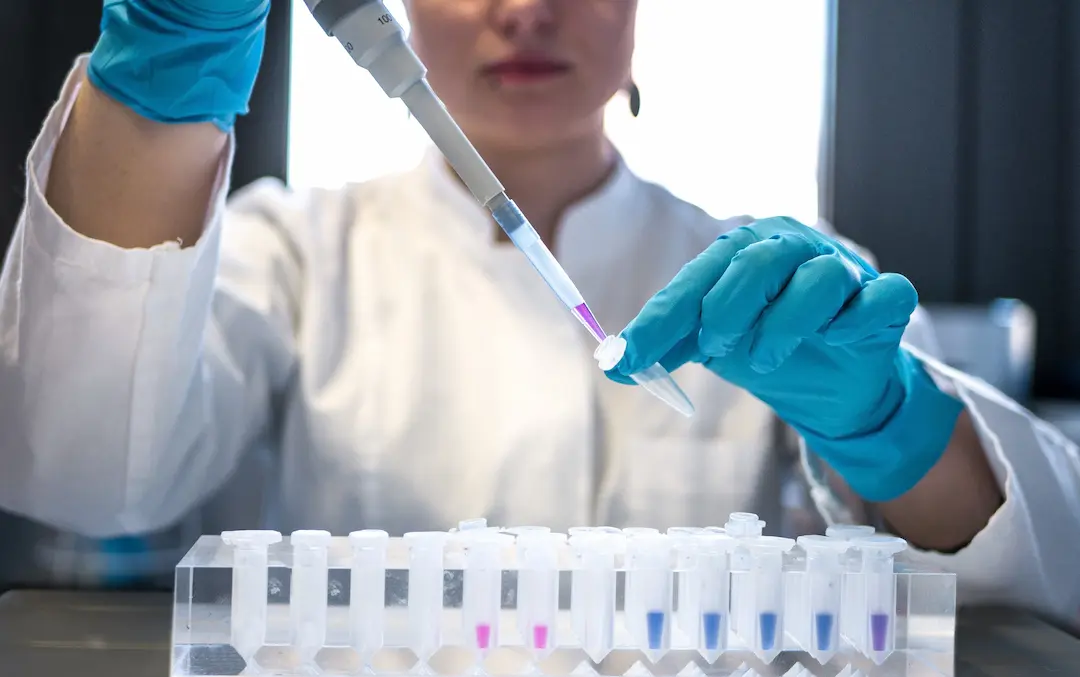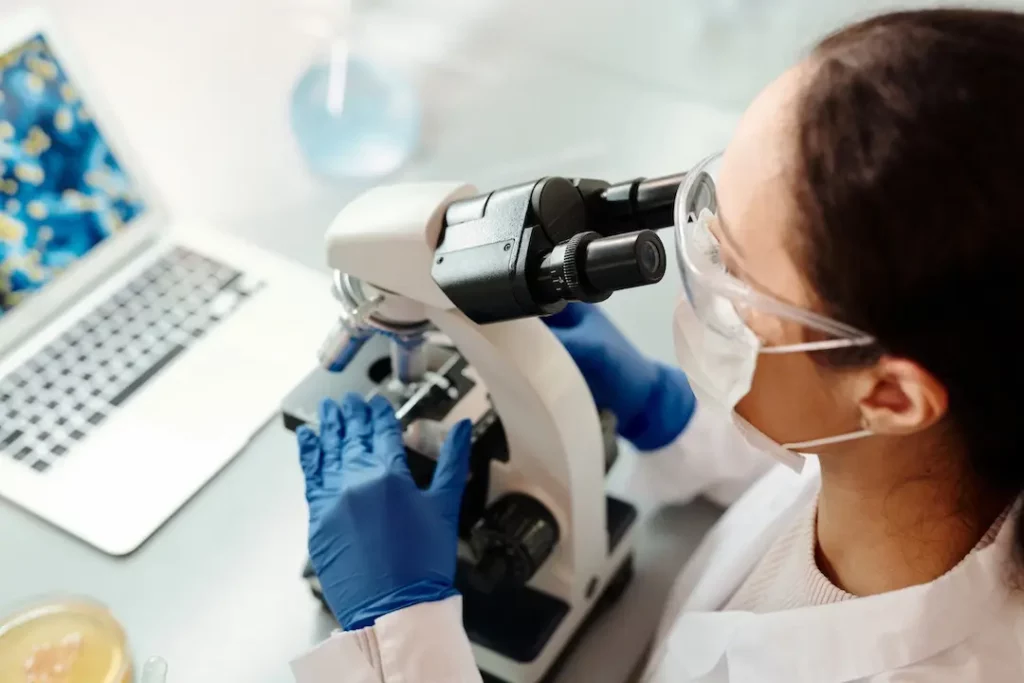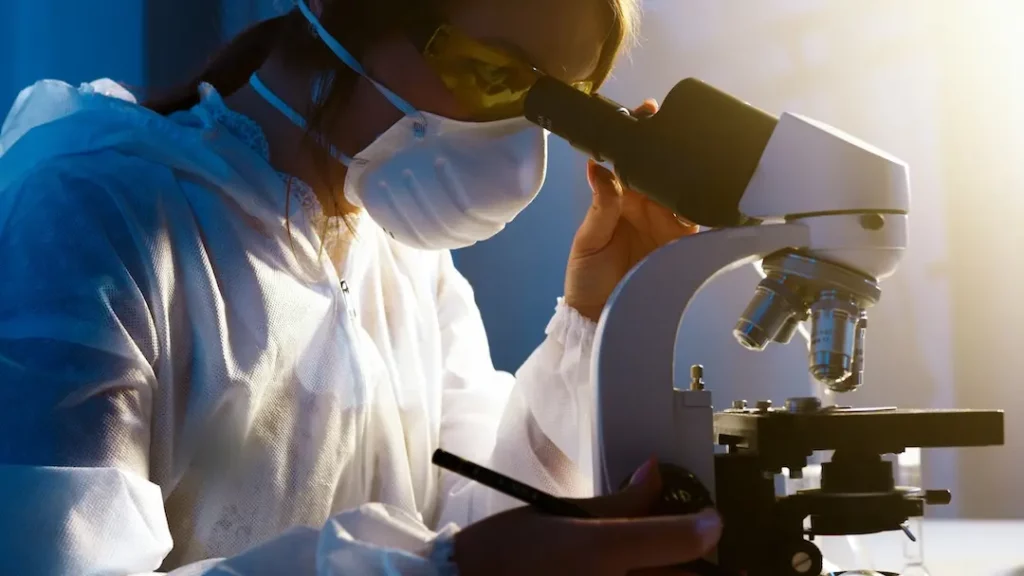
PEGylation Service
PEGylation is the process of covalent and non-covalent attachment or fusion of PEG polymer chains to molecules and macrostructures. The PEGylated structures result in improved solubility, enhanced molecular stability, and a slowing down of its degradation as well as elimination in vivo, making them more effective for many therapeutic applications.

Our PEGylation Service
At Creative PEGWorks, we provide generic or site-specific PEGylation of proteins, antibodies, aptamers, DNAs, small molecules, dendrimers, nanoparticles, and biodegradable polymers. We also can provide post-translational polysaccharide modification of biologics, protein lipidation, bioconjugation, and crosslinking chemistry.
PEGylation Service Model #1
At Creative PEGWorks, we offer the flexibility to utilize our high-quality PEGs or create custom PEG products, ensuring a personalized solution for your project. With our PEGylation Service Model 1, you can entrust us with delivering PEGylated proteins, peptides, oligonucleotides, DNA, RNA, or small molecules.
Phase 1: Custom Synthesis of PEGylated Conjugates
We specialize in the custom synthesis of a wide range of PEGylated conjugates, including:
Our dedicated team will meticulously carry out the PEGylation process, and upon completion, provide you with a comprehensive certificate of analysis for your PEGylated product. This allows for further testing and evaluation at your site, serving as a valuable tool for the initial assessment of different PEGylation approaches.
PEGylated Service Model #2
At Creative PEGWorks, we offer an array of specialized services to meet your PEGylation needs and provide you with valuable insights for your preclinical stages.
Phase 1: PEG Analysis
We begin by screening a range of high-quality PEG derivatives, carefully selecting the ones that best suit your project requirements.
Through rigorous experimentation, we:
– Identify the ideal PEGylation reaction conditions and develop robust processes for purification.
– Focus on analytical method development to ensure accurate characterization of your PEGylated compounds.
– Provide you with a detailed report, encompassing the PEGylation reaction conditions, separation and purification processes, and comprehensive analytical methods for your PEGylated compounds.
– Synthesize, characterize, and deliver the PEGylated molecule to you for pharmaceutical analysis.
Phase 2: Facilitation
Building on the success of Phase 1, Creative PEGWorks collaborates with partner Contract Research Organizations (CROs) to facilitate IND (Investigational New Drug) enabling preclinical study data for your PEGylated compounds. This phase aims to determine the optimal PEGylated compounds for your specific application.
Our PEGylation service includes:
– Conducting a thorough quality specification study of the PEGylated molecules.
– Exploring formulation strategies for enhanced stability.
– Performing pharmacokinetics and pharmacodynamics (PK/PD) studies to assess the compound’s behavior in vivo.
– Conducting essential toxicology studies to evaluate the safety profile of the PEGylated molecules.
– Assisting in the IND filing process with the FDA, EU and other government agencies, ensuring regulatory compliance.

What Makes Our Process Unique?
Our PEGylation service stands out for its exceptional quality and purity, setting it apart from other services in the field. The key to its uniqueness lies in the rigorous quality analysis that is consistently implemented throughout the entire PEGylation process. From the initial stages to the final product, Creative PEGWorks maintains stringent standards and employs advanced analytical techniques to ensure that the resulting PEGylated compounds exhibit unparalleled purity and quality. This commitment to excellence ensures that Creative PEGWorks delivers products that meet the highest industry standards, making it a reliable and trusted choice for PEGylation solutions and other PEG services.
PEGylation by Industry
PEGylation finds applications in various industries, including:
Pharmaceutical Industry
PEGylation is extensively used in the pharmaceutical sector for clinical trials, to enhance drug delivery, improve therapeutic efficacy, and commercialize new drugs.
Biotechnology Industry
PEGylation plays a crucial role in biotechnology and biological therapies, enabling the modification and functionalization of biomolecules, and drug delivery.
Medical Devices
PEGylation is employed in medical devices to improve their biocompatibility and reduce biofouling.
In Vitro Diagnostics
PEGylation finds applications in diagnostic assays such as immunoassays (ELISA, lateral flow), nucleic acid amplification assays (LAMP, RPA, CRISPR). They can improve assay sensitivity, reduce noise level, improve limit of detection, and enhance dynamic range.
PEGylated Probes
PEGylation can enhance the stability and performance of diagnostic and imaging probes, improving their sensitivity and reducing background noise.
Cosmetics and Personal Care
PEG is used in the cosmetics and personal care industry to enhance the stability, solubility, and performance of cosmetic ingredients. PEGylated compounds or PEG formulations can improve the delivery of active ingredients in skincare products, hair care products, and makeup formulations.
Agriculture
PEGylation has applications in agriculture for the development of crop protection formulations. PEGylated compounds can enhance the efficacy and controlled release of pesticides, herbicides, or fertilizers, leading to improved crop yield and reduced environmental impact.
Veterinary Medicine
PEGylation is utilized in veterinary medicine for drug delivery and formulation purposes, similar to its applications in human pharmaceuticals.
Research and Development
PEGylation is widely employed in research and development across various scientific disciplines. It serves as a valuable tool for modifying biomolecules, developing novel drug delivery systems, studying protein interactions, and exploring new diagnostic methods.
Contact Us for PEGylation Services
Take a step towards unlocking the potential of PEGylation for your research, development, or production needs. Contact Creative PEGWorks today and discover the custom PEGylation services we offer. Whether you require custom synthesis, method development, or PEGylated product analysis, our team of experts is ready to assist you.
Experience the high-quality and innovative solutions that Creative PEGWorks provides by calling us or filling out our contact form to get started.
PEGylation Service FAQs
What is PEGylation?
PEGylation is a process in which PEGs are covalently attached to a target molecule, such as proteins, peptides, small molecules, or nucleic acids.
What are the benefits of PEGylation?
PEGylation offers several benefits, including:
- Increased circulating half-life of the modified molecule.
- Improved stability and reduced degradation.
- Enhanced solubility and bioavailability.
- Reduced immunogenicity.
- Controlled release and targeted delivery.
- Protection against enzyme degradation.
- Improved pharmacokinetic profile.
- Reduced toxicity.
How is PEGylation achieved?
Through chemical conjugation methods, reactive functional groups on the PEG molecule, such as NHS ester or maleimide, react with specific functional groups on the target molecule to form a covalent bond. This creates a PEGylated product.
Are there any limitations or challenges in PEGylation?
While PEGylation offers numerous advantages, there can be challenges associated with the process.
Some limitations include:
- Maintaining the bioactivity of the target molecule after PEGylation.
- Achieving site-specific PEGylation to minimize potential interference with the target molecule’s function.
- Overcoming potential immunogenicity or hypersensitivity reactions to PEG.
- Controlling the size and distribution of PEGylation to ensure desired pharmacokinetic properties.
Are there different types of PEGylation?
Yes, there are different types of PEGylation techniques, including linear PEGylation, branched PEGylation, site-specific PEGylation, and multi-PEGylation. The choice of technique depends on the specific requirements of the target molecule and its intended application.
